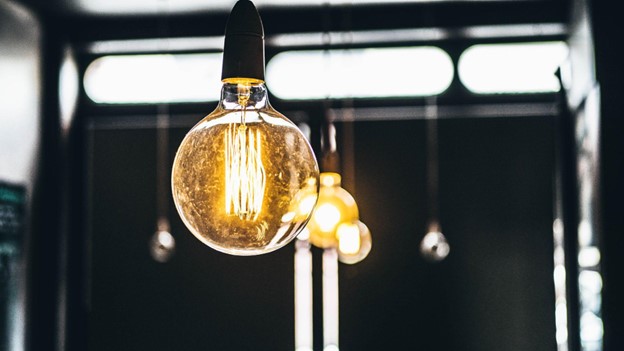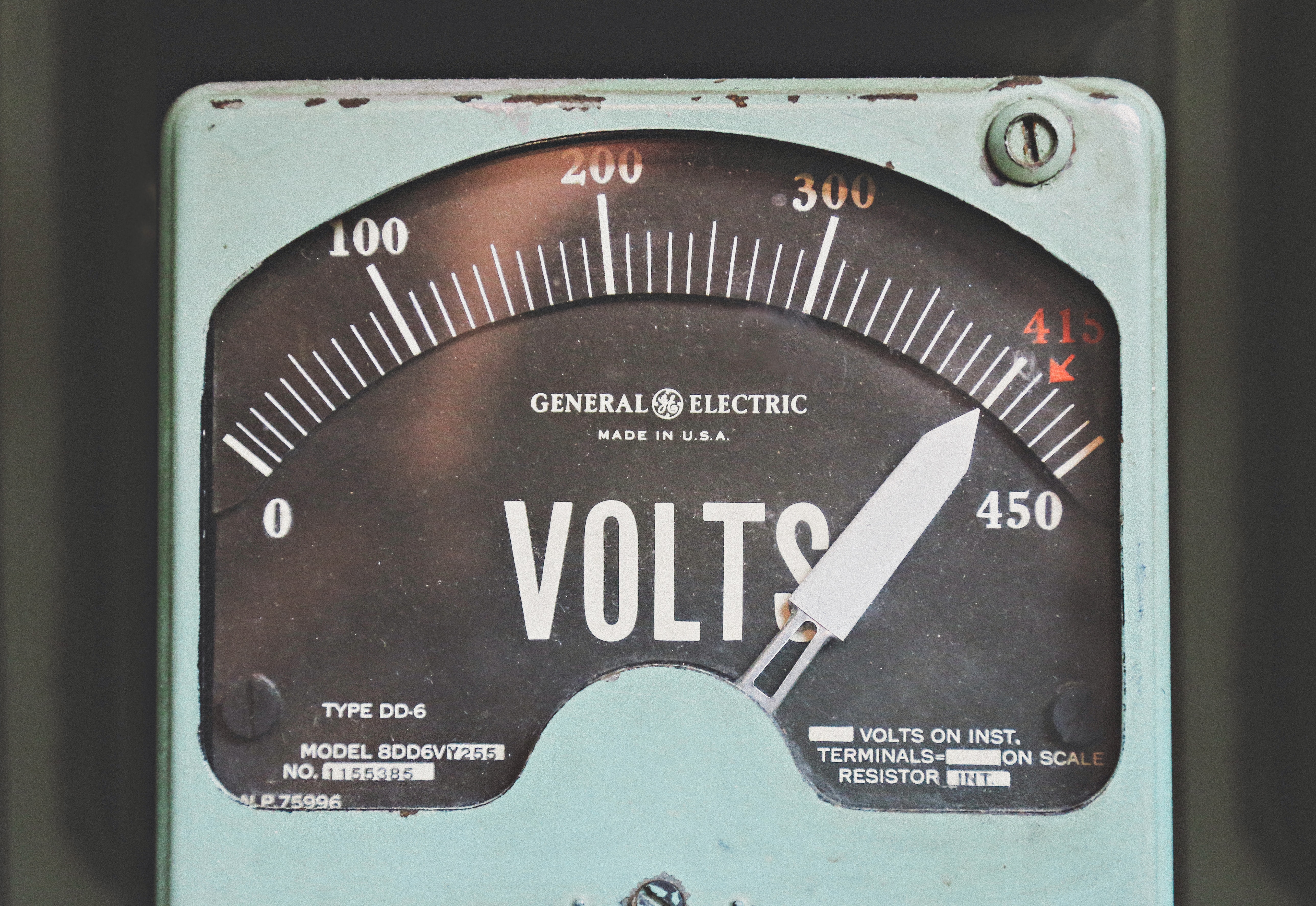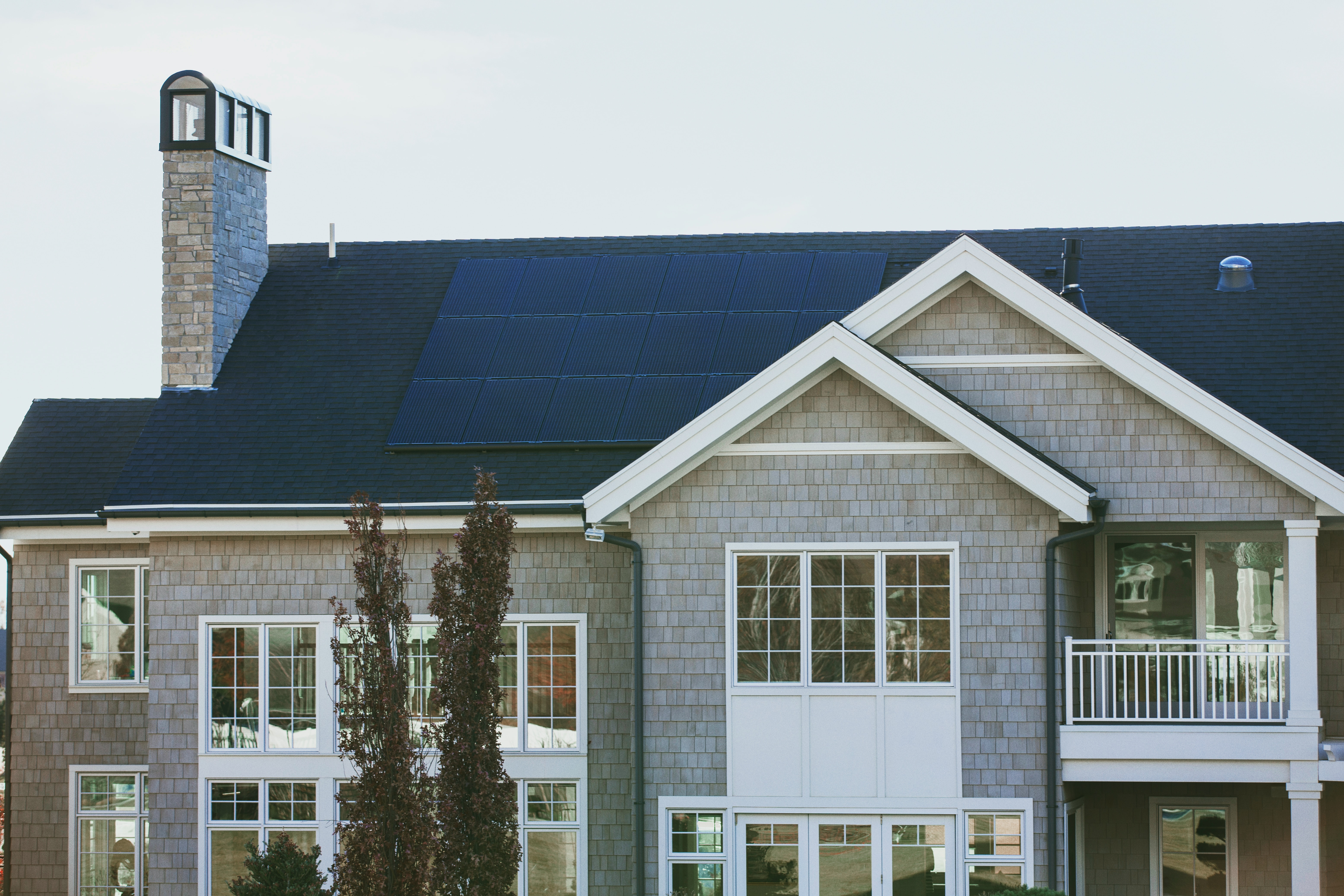The Benefits of Generating Power Off the Grid
 Depending on where you live, the chances are that you’ve experienced at least one blackout in your time. This means you know exactly how frustrating they can be, especially if it lasts more than a few hours. Some people end up without power for days on end, or even longer.
Depending on where you live, the chances are that you’ve experienced at least one blackout in your time. This means you know exactly how frustrating they can be, especially if it lasts more than a few hours. Some people end up without power for days on end, or even longer.
While for most people, a blackout is an annoying, if irregular, fact of life, it can be dangerous. A few years ago, an extended power cut combined with a cold snap in Texas resulted in illness and even death. People weren’t prepared for those conditions and couldn’t find safe, reliable ways to keep warm.
One way that you can be prepared for any future blackouts is to become relatively independent from the grid.
 Off-the-Grid Living
Off-the-Grid Living
When you think of off-the-grid living, you might think of people who live away from towns and villages and who have to be self-sufficient. Extreme off-the-grid living takes a lot of work, as it involves growing your own food, sourcing your own water, and the subject of this article, generating your own power.
But even if this level of self-sufficiency isn’t your kind of thing, in recent years, it’s easier for anyone to have some relative independence from the national grid.
This means that, if there is a blackout, whether in your local area or in a larger area, you can still enjoy some electricity.
Many companies have set up power generation at their offices, so work can still continue. This is also helpful if you work from home, but home electricity also allows you to live a relatively normal life, although you might still struggle for wifi.
And, as an added bonus, if you come to sell your home, a power generation system will be sure to add to its value.
Let’s look at a couple of different ways to generate electricity at home or at a commercial office.
 Solar Power
Solar Power
Solar power has taken the world by storm, as it’s a reliable, renewable energy source that most people can take advantage of. If you have an area of your property (often a rooftop for most space efficiency) that gets plenty of sunlight during the day, you can generate solar energy with relative ease.
One of the major downsides is that solar power is only available during the day, meaning that you will need a battery to store this power if you want to use it at night.
However, even without a battery, a few hours of electricity per day during a long blackout is easily better than nothing.
Home Generators
Another relatively reliable source of electricity is to have a generator at home. Most home generators use fossil fuels such as oil or gas, but you can control when and how you use them.
You will need to ensure that your generator is well-maintained so it’s safe and efficient to use. The good news is that you can use generator parts to keep your generator going for years to come, so you always have options.
You can keep your generator running whenever you want, so while a battery can store excess power, it’s not necessary, so as long as you have fuel, you have electricity.






